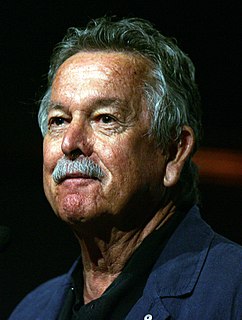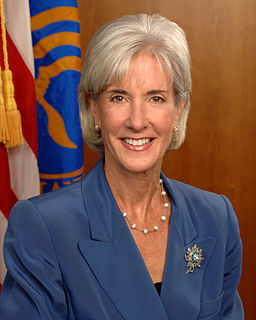A Quote by Ibn Warraq
Discussions of Western civilization are too often confined to works of high art that reflect a relatively narrow element of public taste and experience.
Related Quotes
If we have an element of Americans here that reject western civilization, and that's a big element, that reject western civilization, then what have we? This is an effort on the left I think to break down the American civilization and the American culture and turn it into something entirely different.
Too much of our work amounts to the drudgery of arranging means toward ends, mechanically placing the right foot in front of the left and the left in front of the right, moving down narrow corridors toward narrow goals. Play widens the halls. Work will always be with us, and many works are worthy. But the worthiest works of all often reflect an artful creativity that looks more like play than work.
I myself saw the great works of Western civilization for the first time in my high school in Lithuania in bad black-and-white reproductions on miserable paper. That was, for many years, what art was for me. But from those miserable black-and-white reproductions, I got something, something unmistakable.
There is the specter of "realism" that is still haunting Chinese contemporary art - that art is only an instrument, an instrument to reflect society, that it must be useful for society. Also, I have noticed many Western media outlets are very insistent on understanding contemporary art in China through this kind of realist approach. Sometimes I even sense that they are intent on, as we say in China, "picking bones of politics out of an egg of art." Or perhaps they see art as merely an instrument to reflect society.
So-called Western Civilization, as practised in half of Europe, some of Asia and a few parts of North America, is better than anything else available. Western civilization not only provides a bit of life, a pinch of liberty and the occasional pursuance of happiness, it's also the only thing that's ever tried to. Our civilization is the first in history to show even the slightest concern for average, undistinguished, none-too-commendable people like us.
On the future of the U.S., or of Western civilization in general, I tend to be quite pessimistic. I would say that today I see most of the symptoms of societies on the brink of collapse, not just in the U.S., but in the tightly interconnected societies of Western civilization - now essentially world civilization.
A good taste in art feels the presence or the absence of merit; a just taste discriminates the degree--the poco piu and the poco meno. A good taste rejects faults; a just taste selects excellences. A good taste is often unconscious; a just taste is always conscious. A good taste may be lowered or spoilt; a just taste can only go on refining more and more.
The argument now that the spread of pop culture and consumer goods around the world represents the triumph of Western civilization trivializes Western culture. The essence of Western civilization is the Magna Carta, not the Magna Mac. The fact that non-Westerners may bite into the latter has no implications for their accepting the former.



































